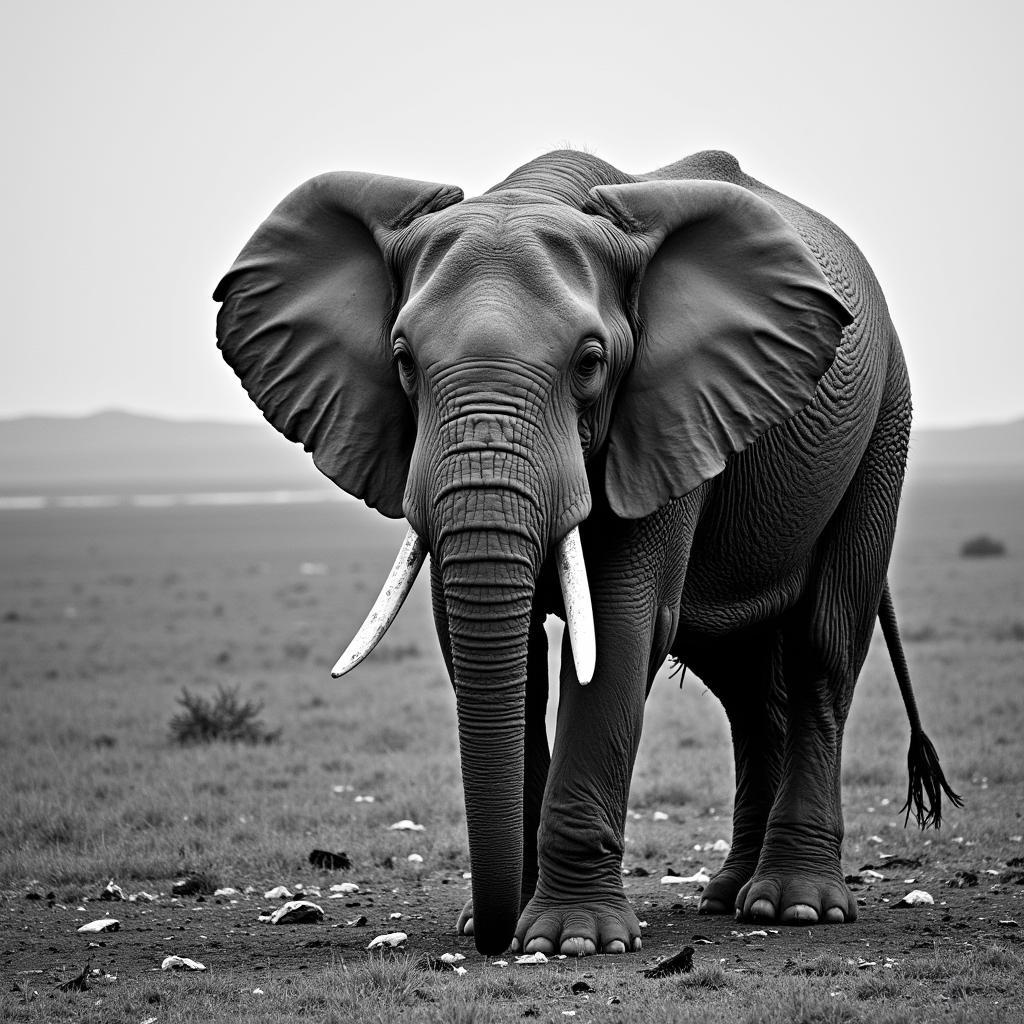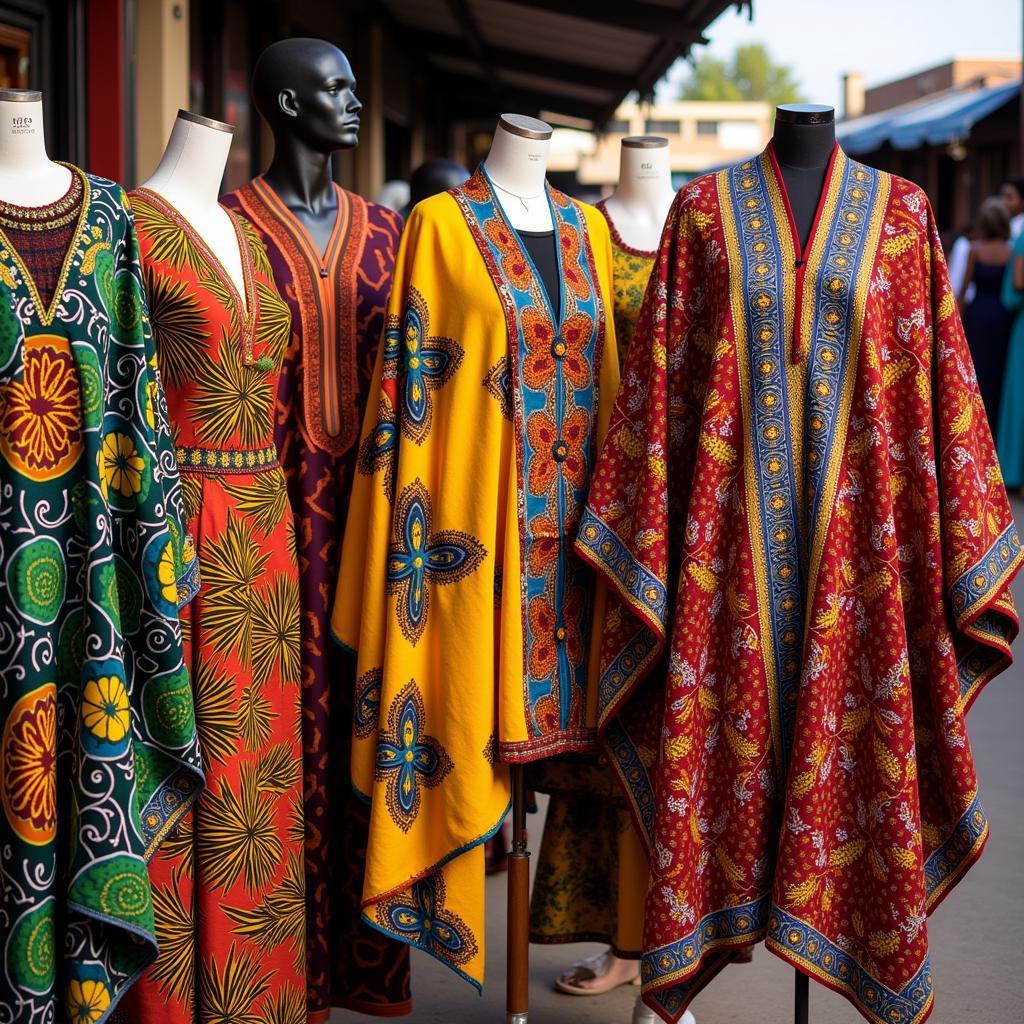African Elephant: Why Are They Endangered?
The African elephant, a symbol of majesty and power, is sadly facing a dire situation. Their populations are dwindling at an alarming rate, leading to their classification as endangered. Understanding the factors contributing to their decline is crucial for implementing effective conservation strategies.
The Plight of the African Elephant
African elephants, once widespread across the continent, are now confined to fragmented habitats, facing numerous threats to their survival. These gentle giants are targeted for their ivory tusks, poached for their meat, and lose their homes to habitat destruction. The consequences are devastating, pushing these magnificent creatures towards the brink of extinction.
 African Elephant Poaching Threat
African Elephant Poaching Threat
The Ivory Trade: A Deadly Demand
The illegal ivory trade is one of the most significant threats to African elephants. Driven by demand for ivory products, particularly in Asian markets, poaching continues to decimate elephant populations. Organized criminal networks operate sophisticated poaching and trafficking rings, making it challenging for law enforcement agencies to combat this illegal trade effectively.
Habitat Loss: Squeezing Elephants Out of Existence
As human populations grow, so does the demand for land. This expansion often comes at the expense of wildlife, with forests and savannas converted into farmland, settlements, and infrastructure. This habitat loss fragments elephant populations, restricts their movement, and limits their access to vital resources like food and water.
Human-Wildlife Conflict: A Growing Concern
As elephants lose their natural habitat, they are forced to move closer to human settlements in search of food and water. This proximity often leads to conflict, with elephants raiding crops and damaging property, resulting in retaliatory killings by local communities. This human-wildlife conflict further exacerbates the challenges in conserving these endangered animals.
Climate Change: Adding Fuel to the Fire
Climate change is adding another layer of complexity to the already precarious situation of African elephants. Prolonged droughts and unpredictable rainfall patterns affect the availability of food and water, making it even more difficult for elephants to survive, particularly in already fragmented and degraded habitats.
Conservation Efforts: A Glimmer of Hope
Despite the daunting challenges, there are dedicated individuals and organizations working tirelessly to protect African elephants. Anti-poaching patrols, community conservation initiatives, and efforts to reduce human-wildlife conflict are showing some positive results. However, the fight to save these iconic animals requires sustained global action and commitment.
What Can You Do to Help?
The future of African elephants depends on the collective effort of individuals, communities, and governments worldwide. Here are some ways you can make a difference:
- Support organizations: Donate to reputable conservation organizations working to protect elephants and their habitats.
- Spread awareness: Educate yourself and others about the plight of African elephants and the threats they face.
- Be a responsible traveler: Avoid purchasing ivory products and choose tour operators committed to responsible wildlife tourism.
- Advocate for change: Support policies and legislation aimed at combating poaching, protecting wildlife habitats, and mitigating climate change.
The African elephant, an integral part of Africa’s natural heritage, stands at a crossroads. By understanding the threats they face and taking action to address them, we can help secure a future for these magnificent creatures, ensuring that their thunderous footsteps continue to grace the African landscape for generations to come.


